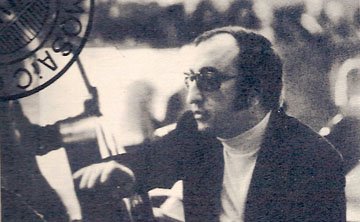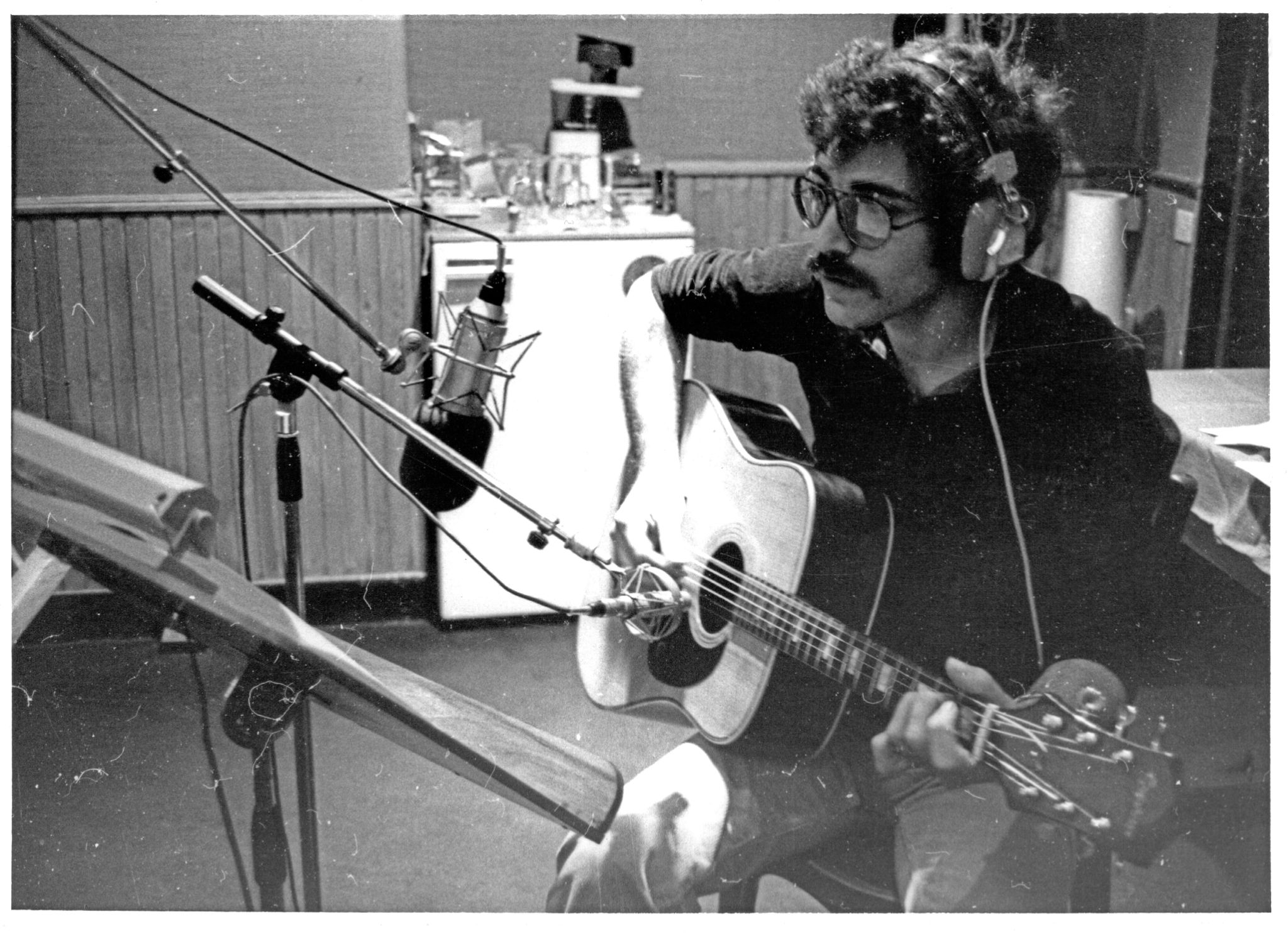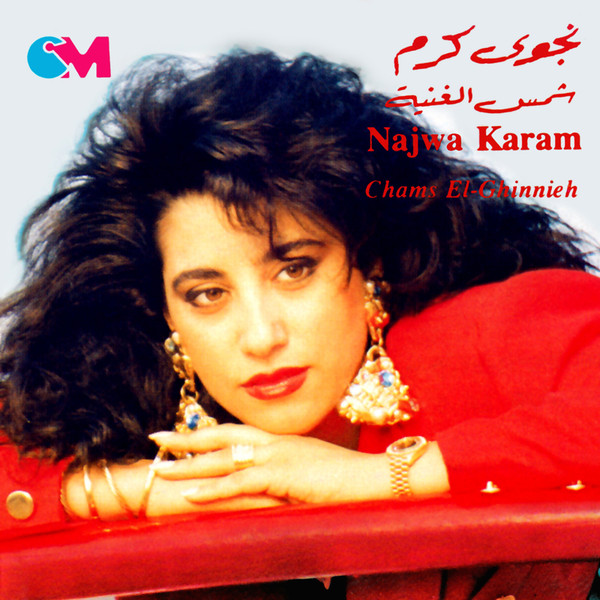continental drift 4/12/23: lebanon
 Continental Drift is proud to take you to Lebanon this week. Find the playlist here.
Continental Drift is proud to take you to Lebanon this week. Find the playlist here.
The Lebanese Republic is a country in Western Asia situated between Syria and Israel on the Mediterranean Basin. With an area of just 4,036 sq miles, it is the second smallest country in continental Asia, beating only singapore. The official language of Lebanon is Arabic, though French is also recognized.
Lebanon was originally part of the Ottoman Empire, and then came under French rule after the Ottoman Empire collapsed in World War I. Lebanon declared independence in 1943. Following World War II, there was an explosion of music and arts culture in the country.
 Elias Rahbani was a musician, composer, songwriter, and TV personality responsible for many of the hits coming out of Lebanon in this period. These songs I’m playing for you are from his first solo album, “Mosaic of the Orient,” released in 1972. Rahbani studied to become a pianist, but upon injuring his right hand at 19, shifted to production. He died in 2021 at age 83 from Covid.
Elias Rahbani was a musician, composer, songwriter, and TV personality responsible for many of the hits coming out of Lebanon in this period. These songs I’m playing for you are from his first solo album, “Mosaic of the Orient,” released in 1972. Rahbani studied to become a pianist, but upon injuring his right hand at 19, shifted to production. He died in 2021 at age 83 from Covid.
Elias Rahbani segment:
Sweet Eyes // Elias Rahbani
Leila Leila, Jolie Fille // Elias Rahbani
Up next we have several selections from Habibi Funk Records, which is masterminded by Jannis Sturtz. I’ve featured Habibi before, but only because they’re the best in eclectic sounds from the arab world. The first featured artist here is Issam Hajali, known for jazz funk fusion with a unique arabic sound. He is also the singer and lead composer of Ferkat Al Ard, which we’ll hear from later. This album was recorded in one day in Paris in 1977, when Hajali was away from Lebanon due to political unrest. Less than 100 copies of the tape were made, of which Hajali kept one, which is where the digital versions come from.

Roger Fakhr
Habibi Funk Segment:
Yawma Konna // Issam Hajali
Express Line // Rogér Fakhr
Lahnon Lemra’ati Wa Beladi // Ferkat Al Ard
Tayyara Warak // Charif Megarbane
Rogér Fakhr left Lebanon for France at the same time as Issam Hajali, and actually contributed as a musician on the record we just heard from. This was made in the late 70s in Beirut, before he eventually moved to the US.
Charif Megarbane’s Tayyara Warak is Habibi Funk’s first contemporary release. He describes his music as “Lebrary music,” a Lebanese spin on Italian Library music. He’s made over 80 albums in the past 10 years, releasing only a handful, and often under different names with fake band histories to match. He rejects theoretical knowledge of music, going so far as to deliberately not know the names to chords he plays. “I work better from an abstract manner. I can’t even remember the names of chords, I have no idea what they are called and refuse to learn more because as soon as you start intellectualizing those abstract ideas, you start to corrupt them in a way. Before you turn it into written theory and numbers, and words, sometimes it’s good just to make the music.”

Lydia Canaan
Lydia Canaan is often credited as the “first rock star of the middle east.” Indeed, she was the first internationally successful artist from Lebanon. She performed rock music in English during the Lebanese civil war, often in the dangerous parts of the country. She was known for defying tradition, challenging conventions, and reversing gender barriers in Middle Eastern music and culture. Big in the MTV era. She was raised by conservative parents who forbade her from musical training, so she developed the ability to create and retain melodies and lyrics in English from memory. Her break came as a teenager when she joined a metal band as the singer, and then she launched her solo career from there. Eventually, she transitioned to pop music.
 Female Pop segment:
Female Pop segment:
Lydia Canaan – Hey Richie
Diamonds not For Me // Khaled, Diana Haddad
My Loved One // Najwa Karam
Aayshalak // Elissa
Get It Right // Yasmine Hamdan
Diana Haddad hit her peak during the late 90s and into the early 2000s. In the middle of her career, she got a degree in computer science.
Najwa Karam is one of the biggest celebrities in Lebanon, though she began her career as a teacher of Geography and Arabic. She got her break on a TV program “Lebanese Nights,” in which she won the singing competition. Her career took off in the mid 90s.
Yasmine Hamdan was part of Soap Kills, an influential rock group that was part of rebuilding Lebanon’s music scene after the civil war. Known for underground influence.
Rap sample:
Njoom ‘Am Te’rab // Fareeq El Atrash
Indie sample:
Bearable Lightness of Being // Sandmoon
Atmospheric Sample:
So long lover // Charbel Haber
